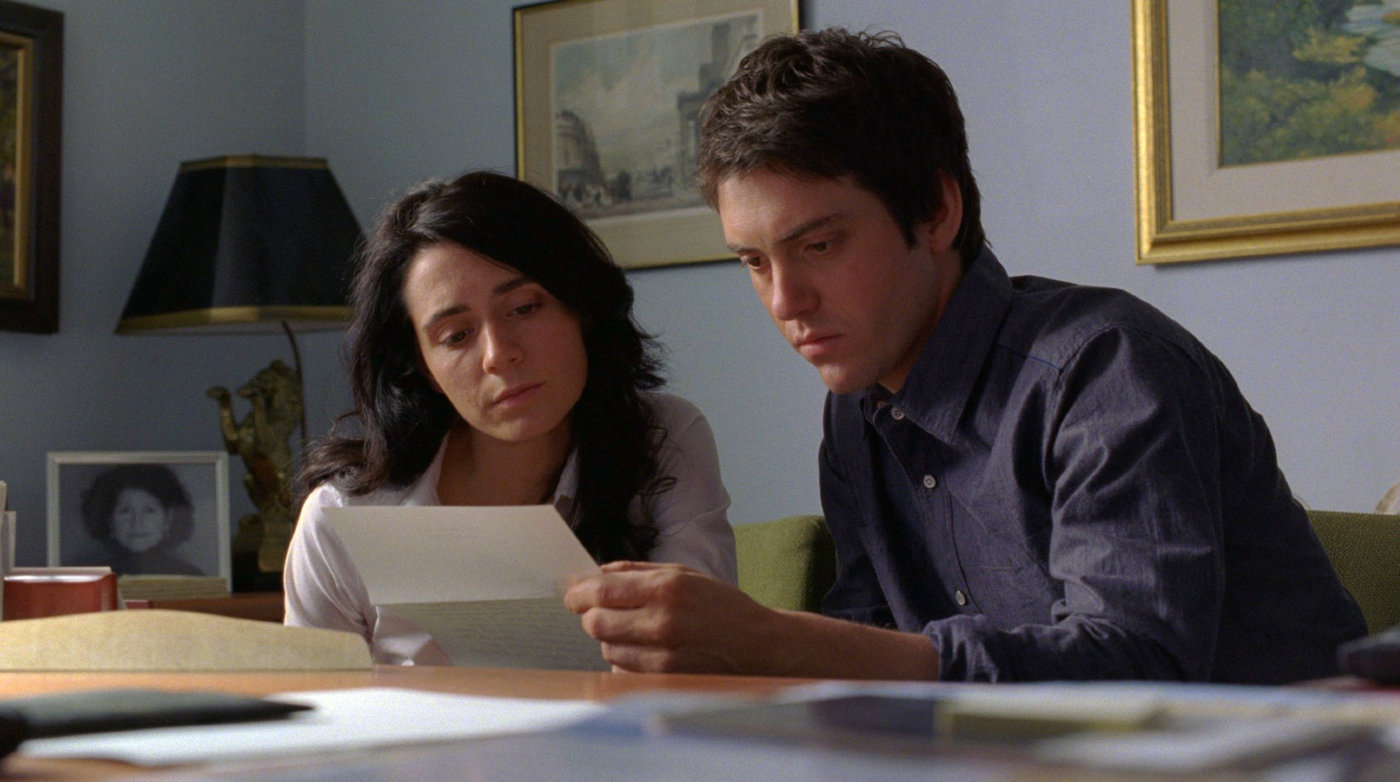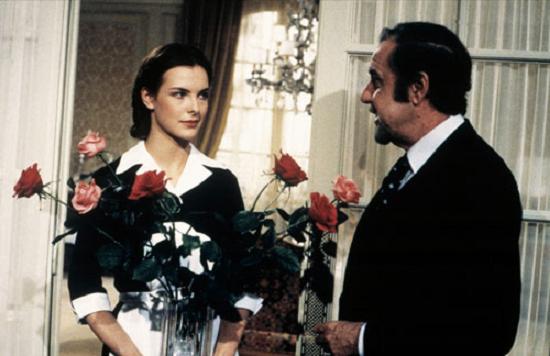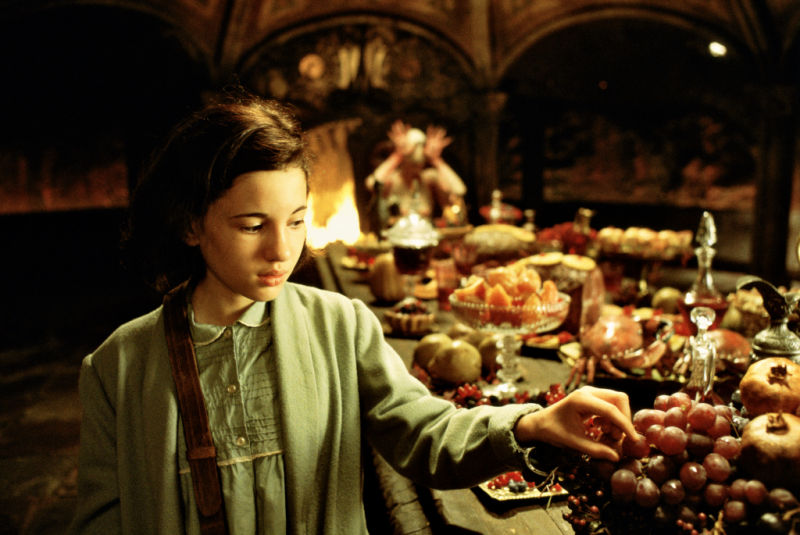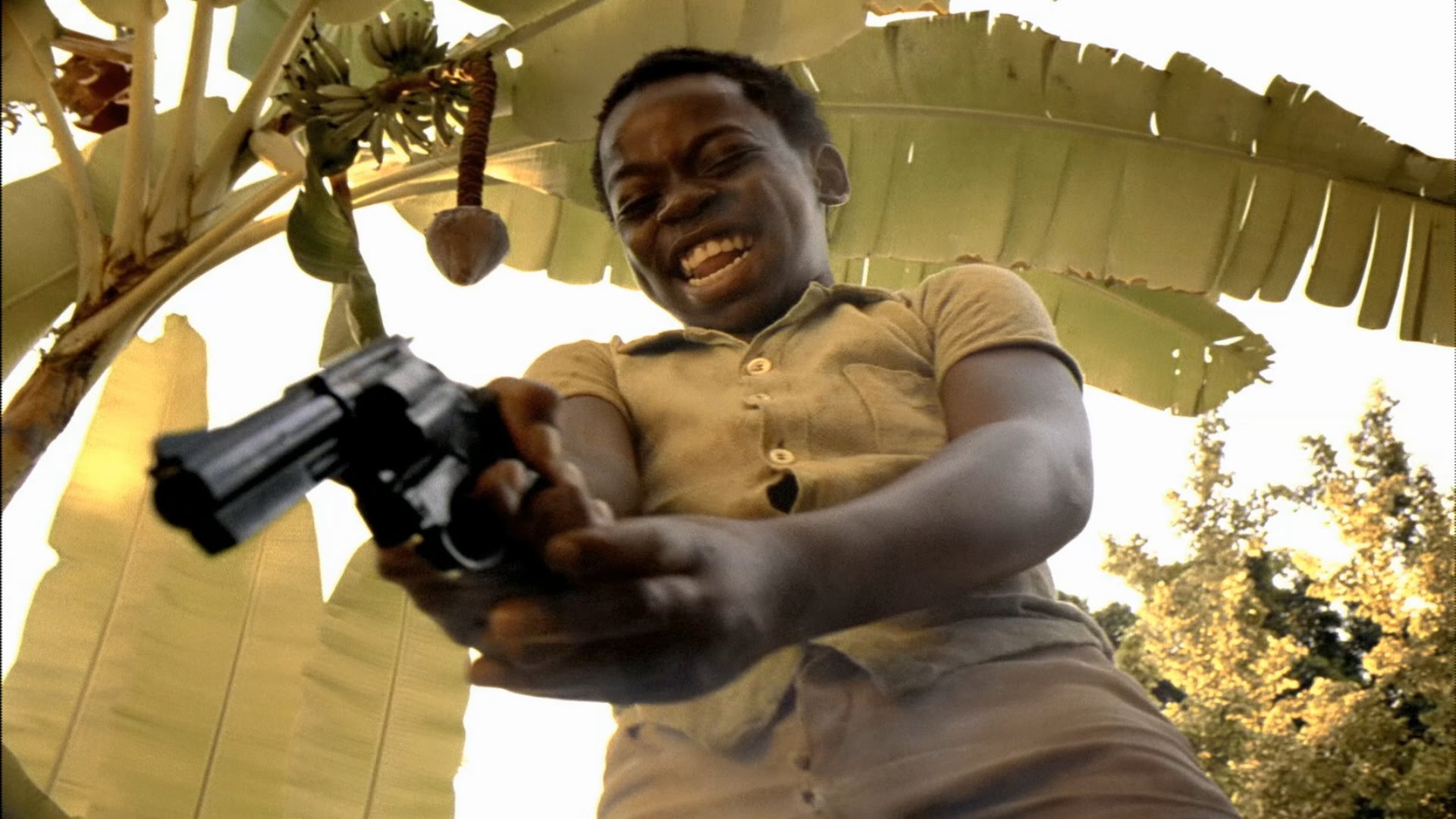5. Waltz with Bashir (“Vals Im Bashir” – Ari Folman, 2008)
Lost to Departures

An unexpected and courageous film, “Waltz with Bashir” is an animation that plays like a dream, but tells the story of a recurring nightmare. A man is in search of his past, and his journey becomes a study about the weight of war and the persistence of memory.
That persistence, unflinching and always pushing the movie forward, is embodied in a haunting soundtrack by Max Richter, and in a narrative that crosses lines between fiction and fantasy, dream and reality in such an elegant manner that one can easily describe it as a marvellous cinematic experience, even if it takes us into the heart of horror and violence, into the essence of conflict.
4. Incendies (“Incendies” – Denis Villeneuve, 2010)
Lost to In a Better World

The movie that brought Denis Villeneuve to Hollywood, “Incendies” showcases the director’s impressive visual style and control of narrative in arguably his most effective movie to date. It tells the story of Jeanne and Simon, two siblings who travel to the Middle East to fulfill their mother’s request to deliver two letters: one to the father they never knew, and the other to the brother they didn’t know they had.
For this reason, they travel separately, a useful storytelling mechanism that reinforces the movie’s willingness to change perspectives, revealing that the sides of a conflict are not as easy to define and contain as they can appear at first.
Instead, they configure a complex, ever-changing reality in which every character will face their own struggles, uncovering a terrifying family story buried deep in their past. A work on memory and the damages of war, “Incendies” is a hard movie to watch, but an essential viewing experience nevertheless.
3. That Obscure Object of Desire (“Cet obscur objet du désir” – Luis Buñuel, 1977)
Lost to Madame Rosa

Luis Buñuel’s last movie, “That Obscure Object of Desire” may not be his best, but is certainly still imbued with the master’s touch, in a surrealist tale about a man and his longing for his young, former chambermaid. A tale of lust and love (and the often blurred line between the two), it is a remarkable study on how these elements can take hold of individuals, taking them to dire extremes.
Buñuel’s masterful directing offers an examination of desire, or, in fact, of unfulfilled desire – the strongest of all – that escalates into such an extreme point that it must become an obsession. In that moment, the object of affection becomes the idea of the person and not necessarily the person itself – an obscure object. A reality which Buñuel represents by using two different actresses to play the same woman, a stroke of genius that is worth the price of admission alone.
2. Pan’s Labyrinth (“El Laberinto del Fauno” – Guillermo del Toro, 2006)
Lost to The Lives of Others

“Pan’s Labyrinth” is a grandiose achievement, a burst of creativity that earned the distinction of Guillermo del Toro as “a visionary director” for many movies to come. It’s hard to argue with that title, at least when watching the fantastic world that he builds to tell a story about innocence amidst brutality. For approaching such thematics in the context of a fantasy movie, it has often been called an “adult fairy tale” and rightfully so.
In fact, beyond its daunting visuals and extraordinary story, “Pan’s Labyrinth” is a story that resonates deep on the human scale, an examination of childhood in the face of violence, and of the power of imagination as a way to escape it.
In that sense, it’s a movie about the power of cinema as an act of imagination capable of decoding reality. What makes this film’s loss so bizarre isn’t necessarily its contender (“The Life of Others” was a strong opponent), but rather the fact that a movie that had six nominations managed to take home three, but missed the win that seemed the most obvious.
1. Amélie (“Le fabuleux destin d’Amélie Poulain” – Jean-Pierre Jeunet, 2001)
Lost to No Man’s Land

If there was ever a film that seemed like a lock to win the Oscar for Best Foreign Language Film, it has to be “Amélie.” Nominated for five Oscars including Best Cinematography and Best Original Screenplay, it seemed like an obvious choice – and one can only wonder how exactly Yann Tiersen didn’t get a nomination for its extraordinary soundtrack.
The story of a girl and the world in which she exists, a world similar to ours, but somehow immensely different, “Amélie” is Jean-Pierre Jeunet’s most influential film, fuelled by the director’s unusual skill for mixing a multitude of details and visual ideas in a surprisingly coherent narrative.
Aided by Bruno Delbonnel’s cinematography and Tiersen’s music, the reality that is revealed through Amélie’s unique gaze is one of pure fantasy and hope, of a city filled with life and joy, where there are magical stories around every corner. It’s a beautiful sight, and, at least during the movie, we can share it with Amélie.
Honourable Mention: City of God (“Cidade de Deus” – Fernando Meirelles, 2002)

Fierce, unpredictable and moving at full speed, “City of God” hits the viewer like a train, taking them onto a wild ride through the streets of Brazil. A story of ambition in the middle of violence, it spawns over years and follows a multitude of characters, but is told in such a coherent and compelling way that director Fernando Meirelles was soon called to Hollywood (his next movie was none other than “The Constant Gardener”).
Putting the natural beauty of the wide, idyllic beaches against the claustrophobic, violent existence of its characters, it’s a tale of contrasts, held together perfectly by its remarkable editing and beautiful cinematography.
It’s listed as an honourable mention because it’s the only movie on the list that wasn’t nominated for Best Foreign Language Film. In 2002, Brazil submitted it for the Oscars, but it didn’t make the final five.
Surprisingly, the following year, after it premiered in cinemas across the United States, it managed to receive four Oscar nominations: Best Director, Best Cinematography, Best Editing and Best Adapted Screenplay. That unlikely event assures its place on the list, even if in a different context than the rest.
Author Bio: Pedro Farate is a director, screenwriter and cinematographer. After several short films, he’s working on his first feature as a director.